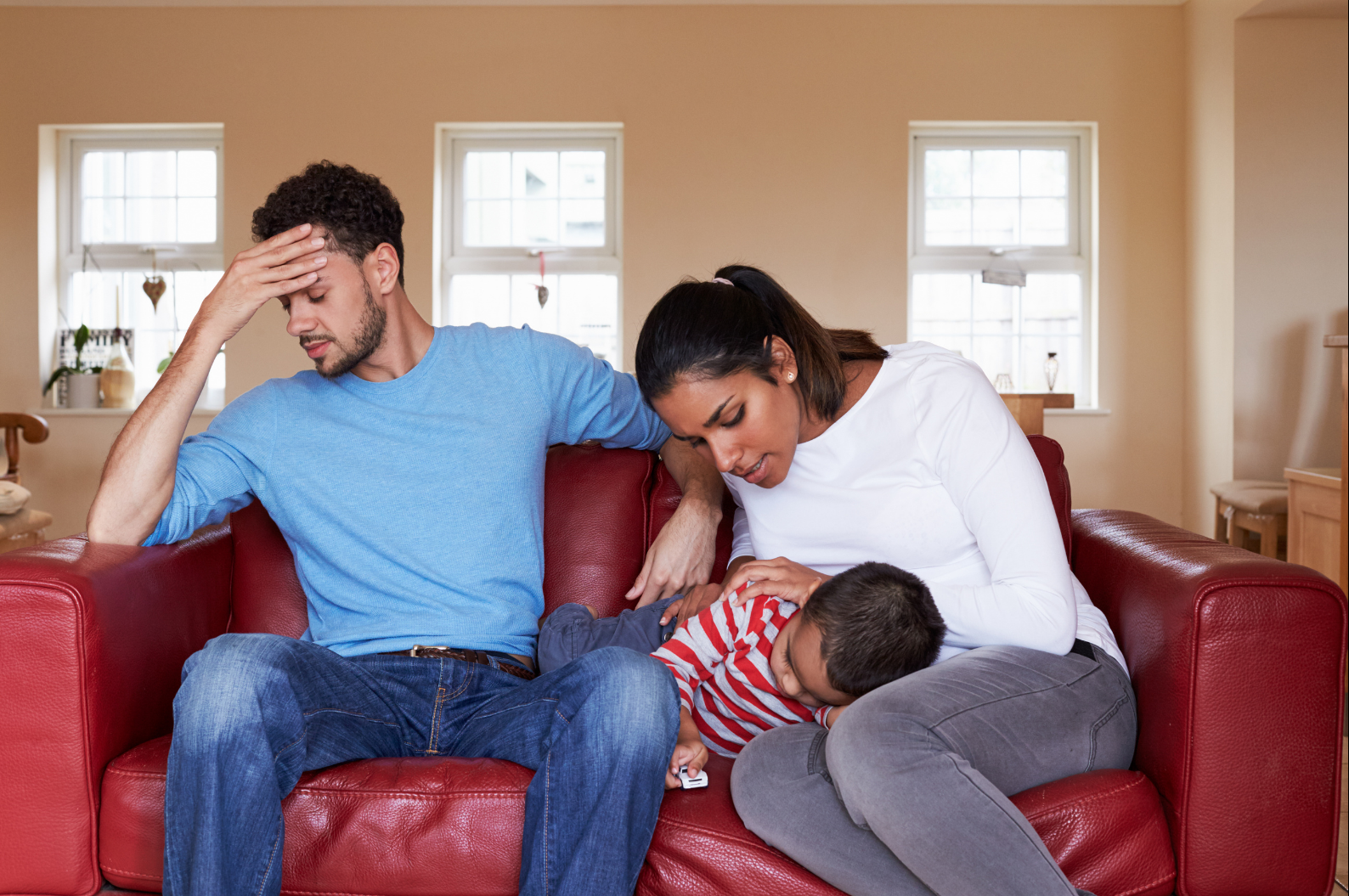Separation and Divorce Ambivalence in Family Mediation
Attachment in adult relationships Couples facing separation must cut their legal and financial ties and grow out of their emotional […]
Read complete blog >>
Families should seek help when they are experiencing a crisis, a stressful event or a traumatic experience that strains relationships and disrupts the functioning in the household. Family therapy is especially warranted when these perturbations are causing significant distress to one or more individuals in the family, leading to maladaptive coping mechanisms.
Common issues addressed in family therapy are, for example communication issues between family members and disagreements about parenting styles. Other typical issues are dysfunctional parents-children relationships and inter-sibling conflict. Families seek help also for disrupted family structures owing to divorce, separation, marital discord or financial instability. Families may be coping with a loss or helping a family member with a mental or physical illness.
During the first session, the family therapist meets with the whole family. The family present their clinical requests, their expectations, and any other concerns related to the family unit’s adequate functioning. In this approach, the family discusses the obstacles that are concerning them and present their unique understanding of their situation.
During the session, the therapist observes how the family members interact within the family. The therapist is empathic towards each family member and creating an environment of participation. Each member is encouraged to express their opinion. At the end of the first session, the therapist outlines a treatment plan and discusses the framework, with an emphasis on the importance of family members’ commitment and cooperation during each session.
One of the objectives of the systemic family approach is to improve interactions and communication between family members allowing them to understand everyone's vantage points. Family therapy also help the family deal with their crises and to redefine their roles and functions in the family. Also, family therapists assist the family with stopping vicious cycles. They help family member understand their multi-transgenerational inheritance and the explicit and implicit rules of the family. In addition, the therapist highlights family strengths, resilience and available resources that can contribute to the formation of new healthy patterns and boundaries.
Family therapy is not appropriate when family members are resistant and not ready yet to change. The family may not allow themselves to think of new opportunities for growth. They are protecting the homeostasis or the balance of their current family system.
Articles on www.hoopfull.com may feature advice and are for informational purposes only. It is not intended to be a substitute for medical advice, diagnosis or treatment from a trained professional. In an emergency, please seek help from your local medical or law enforcement services.
Keep up to date with the Hoopfull community.

Attachment in adult relationships Couples facing separation must cut their legal and financial ties and grow out of their emotional […]
Read complete blog >>
We spend years in school learning math, biology, and history, but very few of us are ever taught the actual […]
Read complete blog >>
Our standard of living has improved physically and materially. Life expectancy has increased. Healthcare, housing, education, infrastructure, and human rights […]
Read complete blog >>